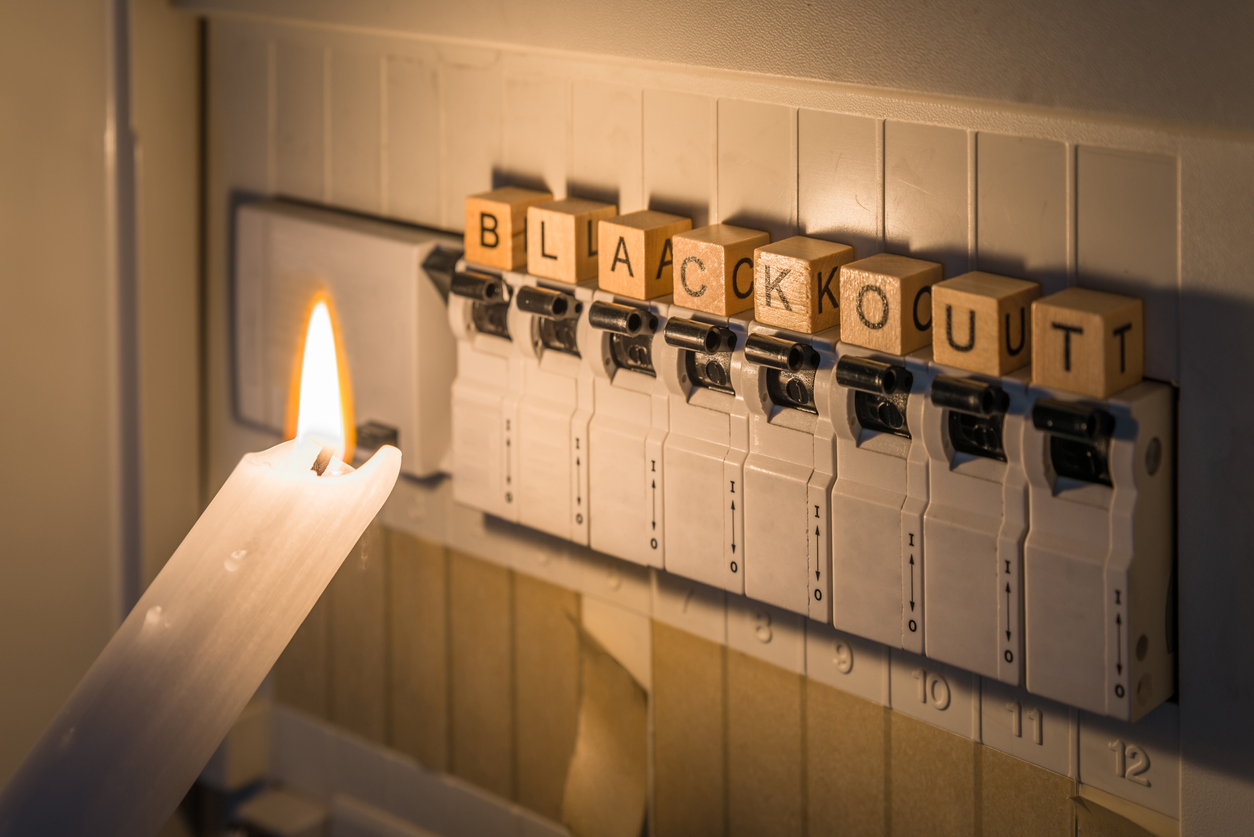Generators are versatile devices that convert mechanical energy into electrical energy. They come in various sizes and types, from portable units to standby generators. When used wisely, generators can provide you with essential power, safety, and peace of mind during blackouts.
To effectively prepare for power outages with a generator, consider the following steps:
Assess Your Needs: Start by determining your power requirements during an outage. Consider which appliances and systems are essential for your comfort and safety. This may include lights, refrigeration, heating or cooling, medical equipment, and communication devices.
Select the Right Generator: Choose a generator that meets your specific needs. For smaller power requirements, a portable generator may suffice. However, if you need to power an entire home or business, consider a standby generator that can automatically start when the grid goes down.
Proper Installation: Ensure that your generator is installed correctly. If you opt for a standby generator, hire a qualified electrician to handle the installation. For portable generators, follow the manufacturer’s instructions for setup and connection.
Fuel Supply: Maintain a sufficient fuel supply for your generator. Depending on the type of generator, this could be gasoline, diesel, propane, or natural gas. Store fuel safely in approved containers in a well-ventilated area.
Regular Maintenance: Generators, like any mechanical device, require regular maintenance. Check oil levels, filters, and spark plugs according to the manufacturer’s recommendations. Keep spare parts and necessary tools on hand for minor repairs.
Load Management: Be mindful of the generator’s capacity. Avoid overloading it by connecting too many appliances or devices simultaneously. Prioritize essential items, especially if your generator has limited power output.
Safety First: Safety is paramount when operating a generator. Never run a generator indoors or in a confined space due to the risk of carbon monoxide poisoning. Keep it in a well-ventilated outdoor area. Protect it from rain or snow, and ensure it’s on a dry surface.
Cool Down Before Refueling: Let the generator cool down before adding more fuel. Hot engine parts can ignite fuel, leading to a fire hazard. Always turn off the generator and allow it to sit for a few minutes before refueling.
Emergency Shutdown: Familiarize yourself with the generator’s shutdown procedure in case of an emergency. Being able to turn it off quickly can prevent accidents and damage.
Stay Informed: Monitor the generator while it’s running, and be alert to any unusual sounds, odors, or vibrations. If you notice anything out of the ordinary, address it promptly to prevent further issues.
Preparing for power outages with a generator requires careful planning, maintenance, and adherence to safety guidelines. By following these steps and being proactive, you can ensure that your generator serves as a reliable source of backup power, offering comfort and security during unexpected outages. Contact Brotherlylove Electric LLC to schedule a consultation or appointment today to learn more about generators. They are there to serve you.
